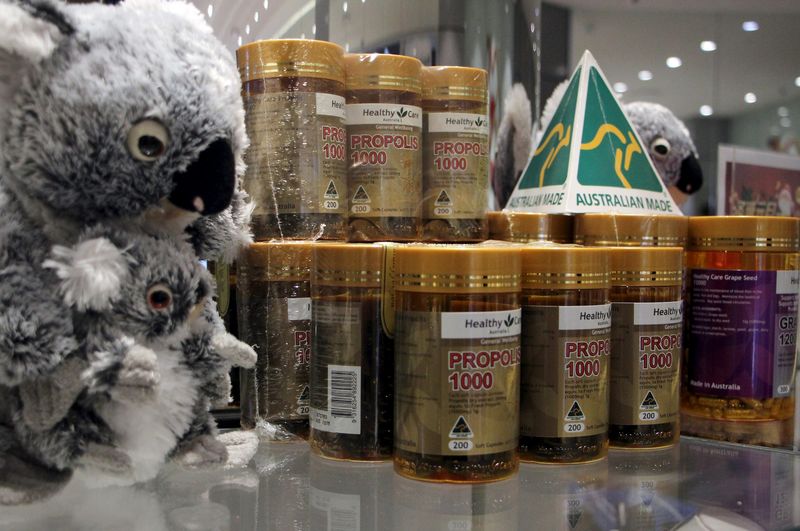Amid soaring global demand for copper, Australia's vast reserves stand in sharp contrast to mining giant Glencore (LON:GLEN)'s decision to cease its copper operations at the Mount Isa mine by 2025.
According to an ABC News report, Australia's substantial reserves, primarily located beneath South Australia and Queensland's North West Minerals Province, are poised to play a critical role in meeting projections indicating a doubling of copper demand over the next three decades.
Despite the current scenario, industry experts argue that Glencore’s planned closure should not be misconstrued as a vote of no confidence in the copper sector.
"Demand for copper isn't going away, it's only going to be exacerbated," MineLife senior resource analyst Gavin Wendt said.
Ageing copper mines
The impending shutdown of Glencore's Mount Isa facility reflects a global trend of ageing copper mines grappling with depleting grades, according to Wendt.
"What's common among a lot of copper operations these days is that all grades are declining the deeper you go underground and big mines are reaching the end of their life. That is what is happening at Mount Isa.
"It is simply not a profitable enough asset in Glencore's portfolio anymore."
Glencore’s closure is an opportunity for budding Australian miners to fill the gap in demand for high-quality copper.
Smaller miners stepping up
The trend towards smaller mining companies taking the helm is exemplified by Comet Resources acquiring the dormant Mount Margaret mine from Glencore in April 2022 and Evolution Mining's purchase of the Ernest Henry copper-gold mine from the mining giant in January last year.
"For Glencore, it's more a matter of offloading smaller operations than it is offloading copper-specific projects," Wendt said.
"One of the benefits of having smaller companies manage these mines is that they are able to devote more time and resources to actually maximising the efficiency of these smaller operations.”
While Glencore plans to shut down its last copper mine, the company will maintain its smelter operations at Mount Isa.
"Companies are now more incentivised than ever to commercialise copper deposits.
"Knowing that there is existing processing infrastructure in the North West Minerals Province is a massive boon for those emerging mines to get investors on board," Wendt added.
Government stimulus funds
In response to Glencore's exit, the Queensland Government has pledged $30 million to hasten the development of resource projects in the province over the next half-decade.
Additionally, Prime Minister Anthony Albanese announced a $2 billion investment aimed at bolstering the mining and processing of critical minerals, positioning Australia to ascend the global value chain in the sector and diversifying away from Chinese dependency.
